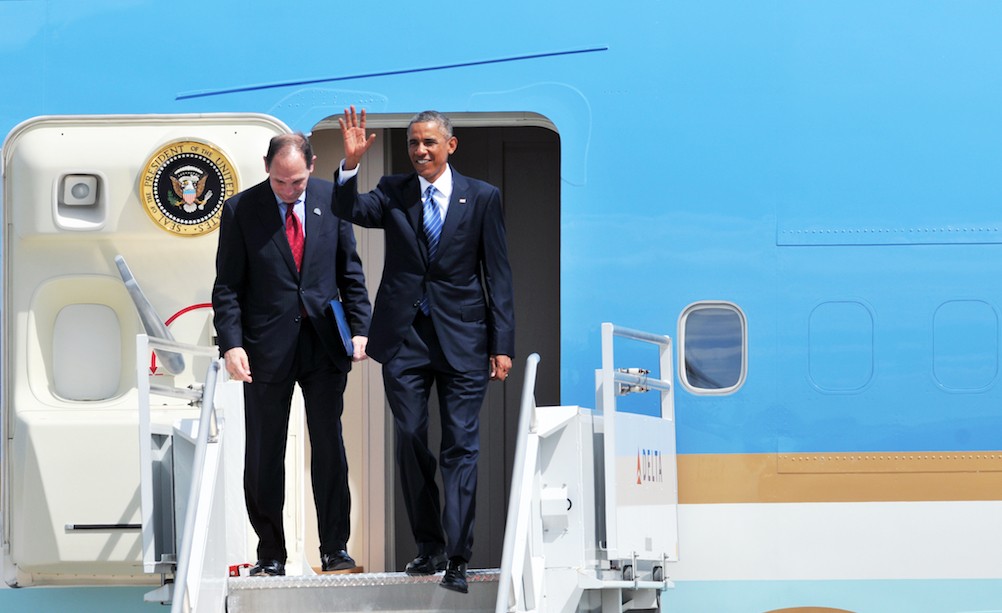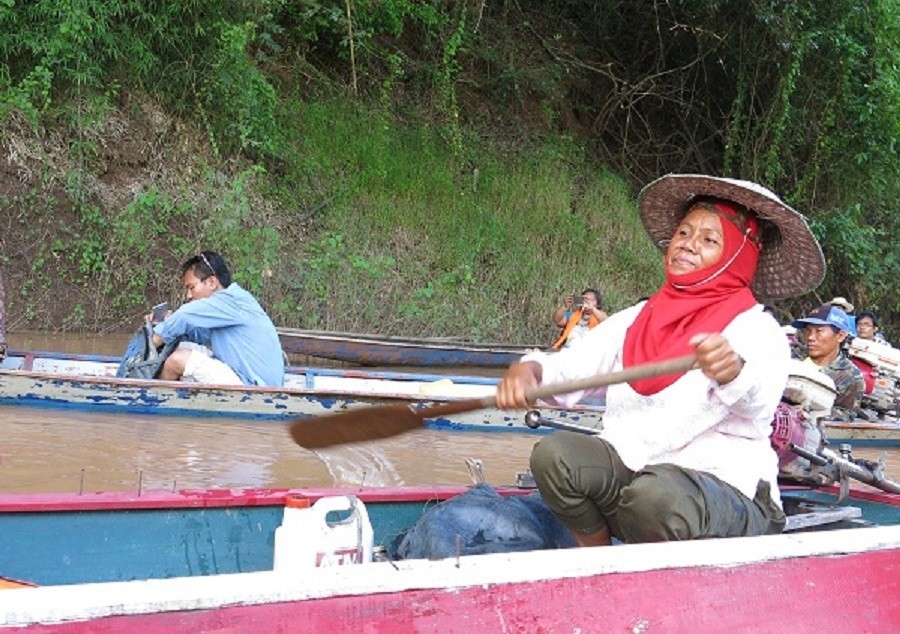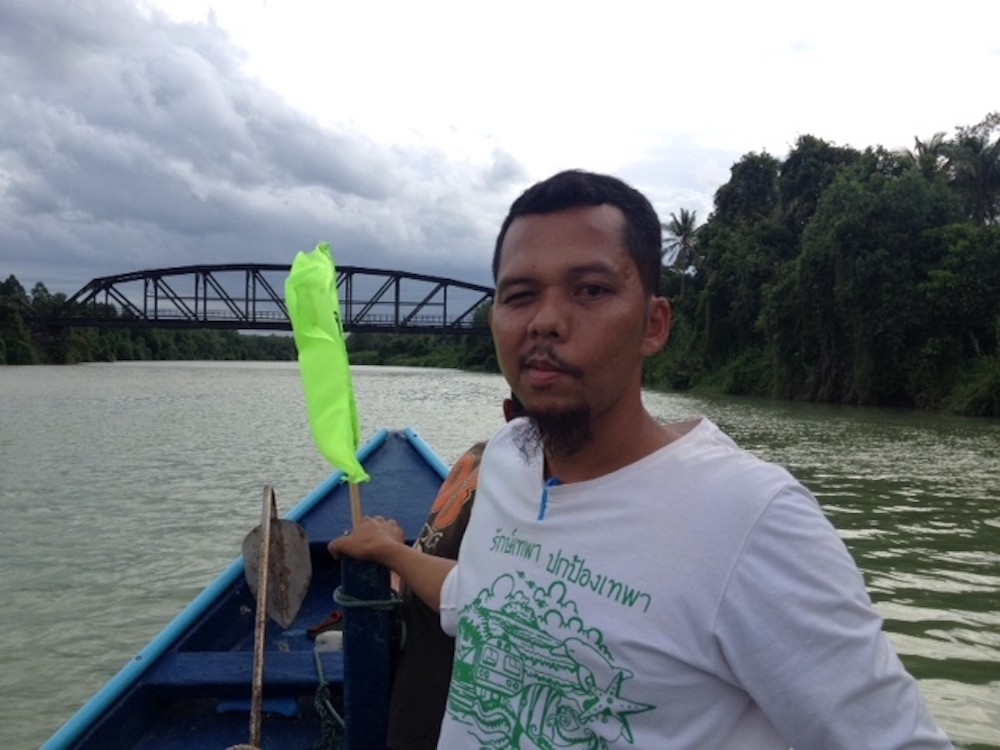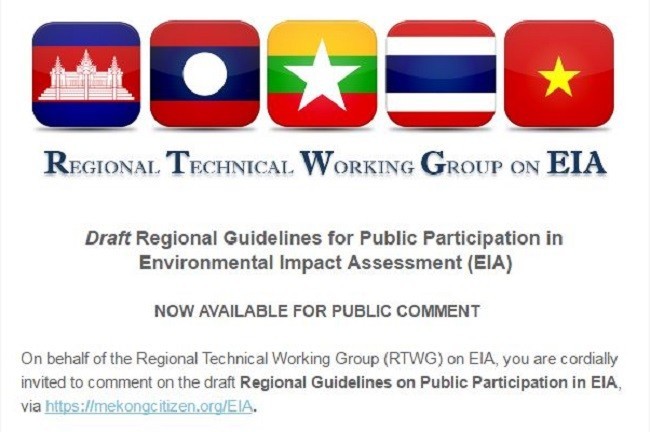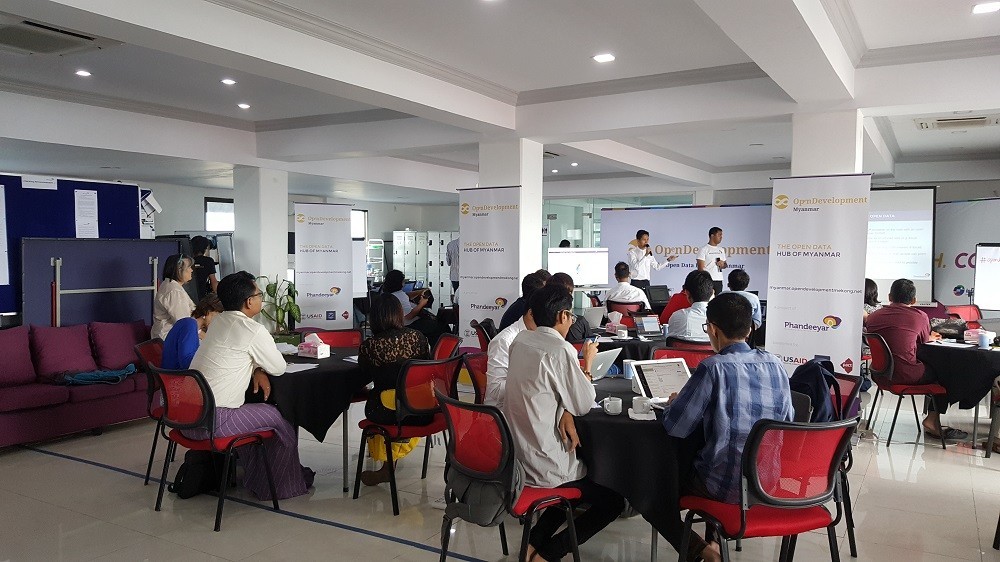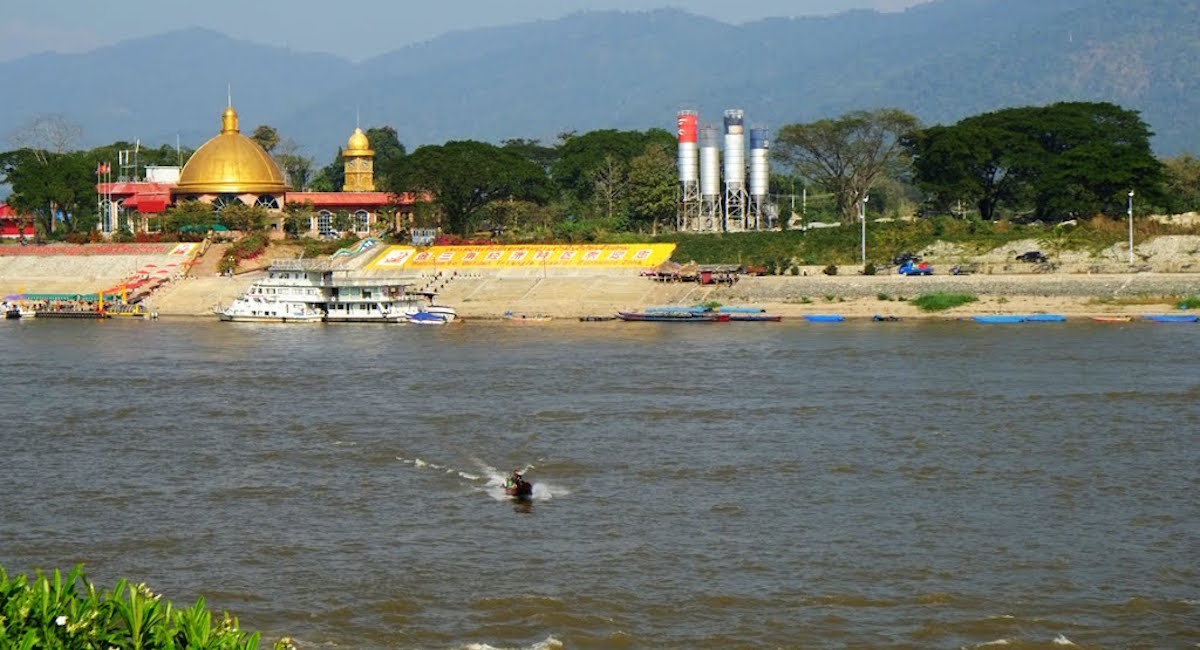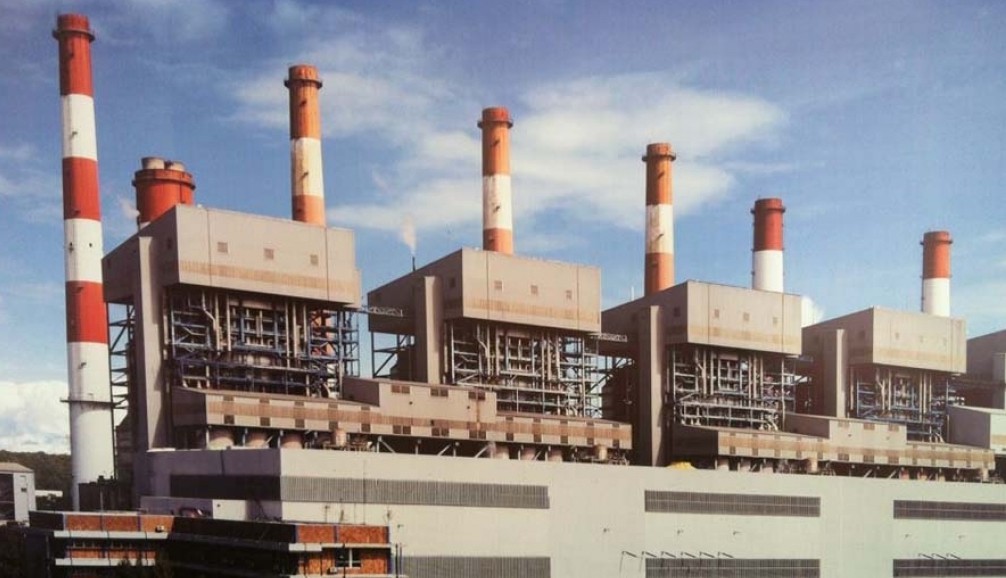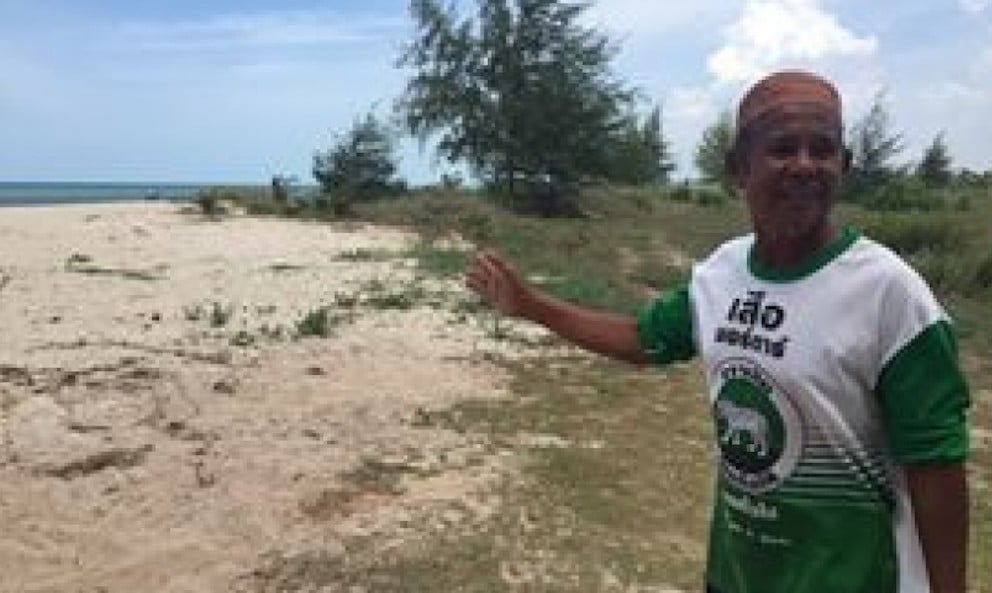Thailand may be a middle income country, but enter one of the capital’s many new, opulent shopping complexes and you’ll think you’ve been transported to New York or Singapore. EmQuartier, Bangkok’s latest retail destination for the well-healed houses such brands as Louis Vuitton, Chanel, Prada, Dior, Tiffany and Cartier as do half a dozen of its predecessors along a six kilometers retail corridor in the city’s downtown.
All Stories
Recharging Asia’s Battery
Next week, Barack Obama will be the first sitting U.S. president to visit Laos, a poor, landlocked country whose large-scale efforts to dam the Mekong River threaten to destabilize the region. This concerns the United States because Southeast Asia is one of the country’s largest trading partners and a key security ally that can counterbalance China’s growing regional influence. Obama should seize this opportunity to help Laos make energy choices that, over the long term, can unify the region and preserve the Mekong.
Indian Mining Firm Prepares to Dig Deep in Ratanakkiri
The Ministry of Mines and Energy is set to issue the country’s first commercial underground mining license to Indian company Mesco Gold in two weeks, despite opposition by residents of two villages concerned about compensation and environmental damage.
The company plans to break ground on its concession in Ratanakkiri province’s O’yadaw district in about six weeks, said Harsh Sharma, operations director for Mesco Gold, a Cambodia-based subsidiary of New Delhi-based Mesco Steel.
Endangered lives of local people and their protest against a Thai water project
Ban Klang village in Chiang Khan District, Loei province, Thailand is located next to the Mekong River near the border between Laos and Thailand. Living there are more than 300 households, in a village that will disappear if Thailand builds the planned Khong-Loei-Chi-Mun water diversion project. Local people are concerned about the risks the project will cause for their lives such as: homes flooded, fish populations and crops declining, and village resettlement.
Get your face masks out for ‘coal tourism’
My trip to Songkhla in the south of Thailand earlier this week was not a typical sightseeing jaunt, but it was certainly worthwhile.
My destination was not Muang district which is famous for its old-town quarters or Hat Yai, the well-known shopping district of the southern region, but a pristine beach in Thepa’s tambon Pak Bang which is the designated site for a controversial coal-fired power plant.
Draft Regional Guidelines for Public Participation in EIA Released for Public Comment
USAID-funded Mekong Partnership for the Environment (MPE) has invited public comment on the draft Regional Guidelines on Public Participation in Environmental Impact Assessment (EIA), via mekongcitizen.org/EIA. These regional EIA guidelines have been developed by the Regional Technical Working Group (RTWG) on EIA in response to the shared concern for how to increase meaningful public participation in development planning, particularly in the context of rising levels of investment for development projects across the Mekong region.
Open Development Myanmar Soft-Launches, Promotes Data Discussions
USAID partners have launched an innovative data portal in Myanmar. OpenDevelopmentMyanmar.net will be used to aggregate and promote key development and environmental data about Myanmar, especially data with potential regional significance. The platform is the Myanmar sub-site of the major regional open data platform, OpenDevelopmentMekong.net, which gathers and contextualizes objective data on development trends in the Mekong region.
Into the Zone: SEZs in the Mekong Region, Income…or Instability? (Part 1)
The Mekong region is abuzz with news about special economic zones (SEZs). From Thailand’s prime minister telling US business leaders that the Kingdom’s SEZs are a cornerstone to his economic reforms, to Ho Chi Minh City’s mayor wanting 890 km2 designated as an SEZ to revive his city’s economic leadership, to Myanmar’s newly elected government facing increasing pressure to review the outgoing-junta-approved SEZs now underway there—these foreign-investment magnets are picking up steam as ASEAN integration progresses within the Greater Mekong Subregion.
But what’s so special about these zones? Can they unlock new pathways to region’s economic potential, or as the Bangkok Post warned recently, should policy-makers proceed with caution given the immense complexities to securing SEZs’ desired benefits?
Time is running out for an international moratorium on new fossil-fuel power plants. Myanmar needs to take notice.
A global moratorium commencing in 2017 on new fossil-fuel power plants without carbon-capture technology is an option. It would have to be accompanied by grants and cheap international loans to help countries that cancel fossil-fuel power plants to rapidly develop energy efficiency, solar and wind.
Egat insists on going ahead with Thepa plant
CONSTRUCTION of the Thepa coal-fired power plant is set to begin in the second quarter of next year, the Electricity Generating Authority of Thailand (Egat) said, even though many locals have refused to sell their land despite facing threats.
Egat has so far insisted that it will build the 2,200-megawatt power plant in Songkhla’s Thepa district, despite strong protests from local people. The Environment and Health Impact Assessment (EHIA) for both the plant and coal transport has also not been approved by the Natural Resources and Environmental Policy and Planning Office (ONEP).



